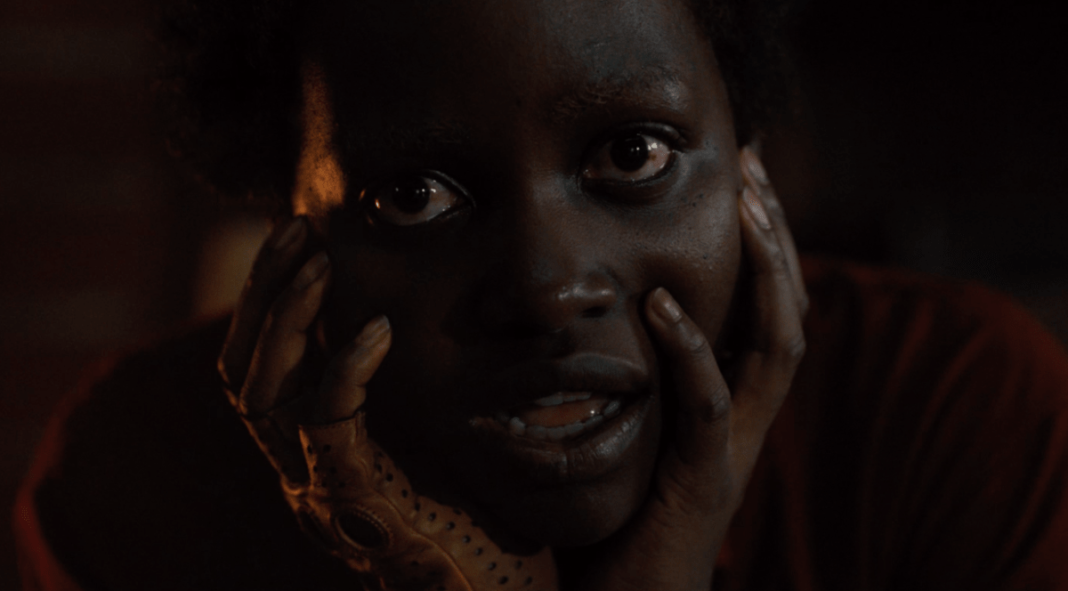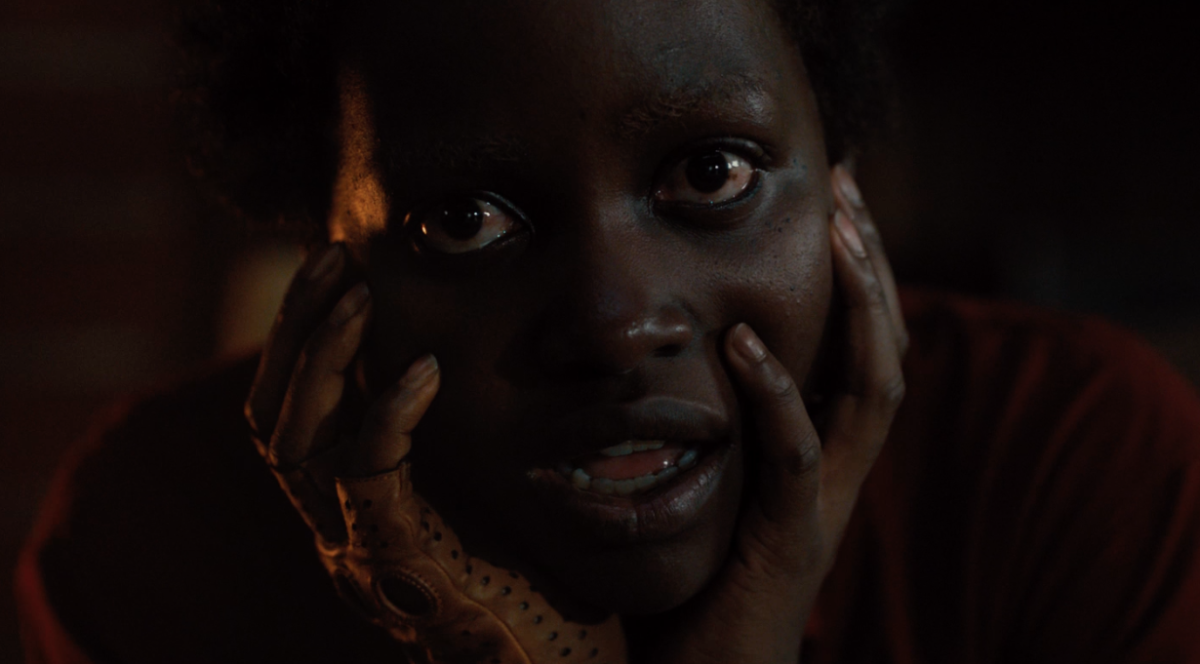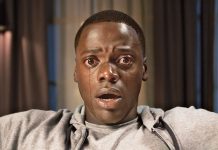There are many excellent purveyors of horror cinema in the current era, from Ari Aster to Robert Eggers to Jennifer Kent, who have revived the genre in the eyes of cinemaphiles and have turned it away from the prevailing trend of franchising torture porn and other in-fashion gimmickry. But while the above-mentioned filmmakers tend to lean a bit more indie in their appeal, there really haven’t been many directors who could slot themselves into the John Carpenter mold; a sort-of high concept, but still populist mode of storytelling. David Robert Mitchell felt like he was on the verge of it post-It Follows, and there’s always an argument to made for James Wan, though really all earlier zeitgeist complaints I had about the genre up unto this point have their ground zero with him. I think it’s time we center our attention on Jordan Peele, the comic genius whose satire-horror Get Out grabbed audiences by the throat, became a cultural and critical smash, and in turn netted Peele an Academy Award for Best Original Screenplay, as well as Best Picture and Director nods.
Not bad for a first time filmmaker, and Us comes calling with a lot of expectations attached to it. You can’t fly so high to the sun without the potential for melting your wings (again, see David Robert Mitchell), but thankfully – not only does Us meet these unfair presuppositions head-on, I’d make the argument that in some ways it exceeds them, particularly in terms of its own ambition and its willingness to challenge the audience with a narrative that defies easy analysis. It’s not exactly David Lynch, but by the time the credits rolled, everyone around me in our critics group spent a not insignificant amount of time trying to decipher “what it all meant”. For films that aim to lean into the popular consciousness rather than much more narrower appeal, this is an attractive notion.
To describe Us is likely to risk telling too much, and if you have an interest in viewing it, stopping here is as good a place as any. I think these are the kinds of movie-going experiences that are much more fun when you know as little as possible going in. But for those who need a little more info, Adelaide (Lupita Nyong’o) is a young mother who is on a vacation with her family; her husband Gabe (Winston Duke), son Jason (Evan Alex), and Zora (Shahadi Wright Joseph). On their way to Santa Cruz, Adelaide flashes back to a childhood memory of a time there when she encountered her doppleganger in a house of mirrors/funhouse tucked deep into the beachside boardwalk. This traumatic meeting stuck with her for her entire life and these memories resurface in greater clarity the longer the family stays in the area.
Was it simply the flight of fancy of an overactive childhood imagination or was it a real occurrence of something far more sinister? As more and more coincidences echoing back to that one-time fading memory appear within Adelaide’s field of view, she begins to feel her own children’s safety is in danger. After what was hoped to be an idyllic afternoon on the beach with friends (Elisabeth Moss and Tim Heidecker), she begs Gabe to take them back home. And then suddenly the power goes out, and four strangers who look exactly like each member of the family appear on their driveway to attack and invade their home. How can this be? What are their aims? That Peele is clearly having a ball slowly unveiling all of this film’s secrets imbues the film with a jolt of excitement throughout, even as people are systematically being butchered.
But it’s not just a film of thrills and kills. Peele clearly has lofty thoughts that are an essential part and parcel to the backbone of the story’s drive. Most pressingly, the film opens with an old commercial for the Hands Across America benefit – a fitting preamble, given some of the internal strife that surrounded that event meant to benefit impoverishment. It’s not much of a leap to envision a film about doubles would dally in thematic underpinnings regarding “the other”. This conflict provides much of the script’s lifeblood, both in the centralized threat and even in the interactions between characters, such as Gabe’s jealousy regarding the material possessions of his friend. Even the title gives the game away as you can’t have an “Us” without a “Them”, and that dichotomy is posited more than once. And as was pointed out to me, Us is also a very clear acronym that becomes all the more obvious when Adelaide’s doppelganger explicitly calls out their own nationality, among other traits. But to say more is potentially ruinous, and again this is a film with layers upon layers to parse. One person’s read will differ from another and that overall sense of density is well worth cherishing. For what it’s worth, ask me sometime about my theory about the role Michael Jackson’s Thriller plays into the film beyond the obvious.
Us is a slightly more difficult sophomore effort, and is likely to lose some audience members with a somewhat less accessible approach (and easier answers) than Get Out – but for those who are willing to meet it on its own terms, you’ll find an even more rewarding experience, one catered by Peele’s lovely shot compositions and a tremendously frightening double-edged performance by Nyong’o.
And most likely, you’re going to want to see it twice.










Can’t wait to see this.
Now that VHS copies of “The Right Stuff” have been featured in both “Us” and “Captain Marvel,” maybe people will actually check out that 1983 classic. At least they’ll learn where Pancho’s came from in “CM.”
Comments are closed.